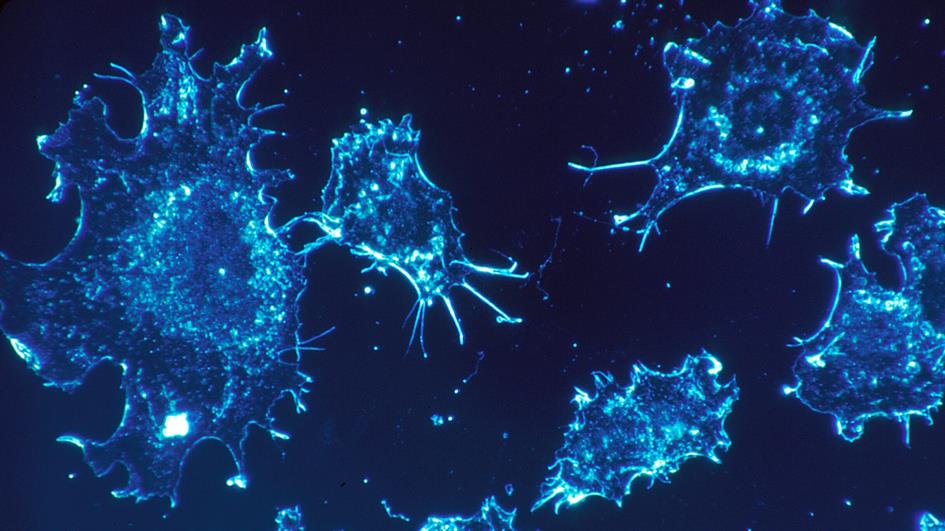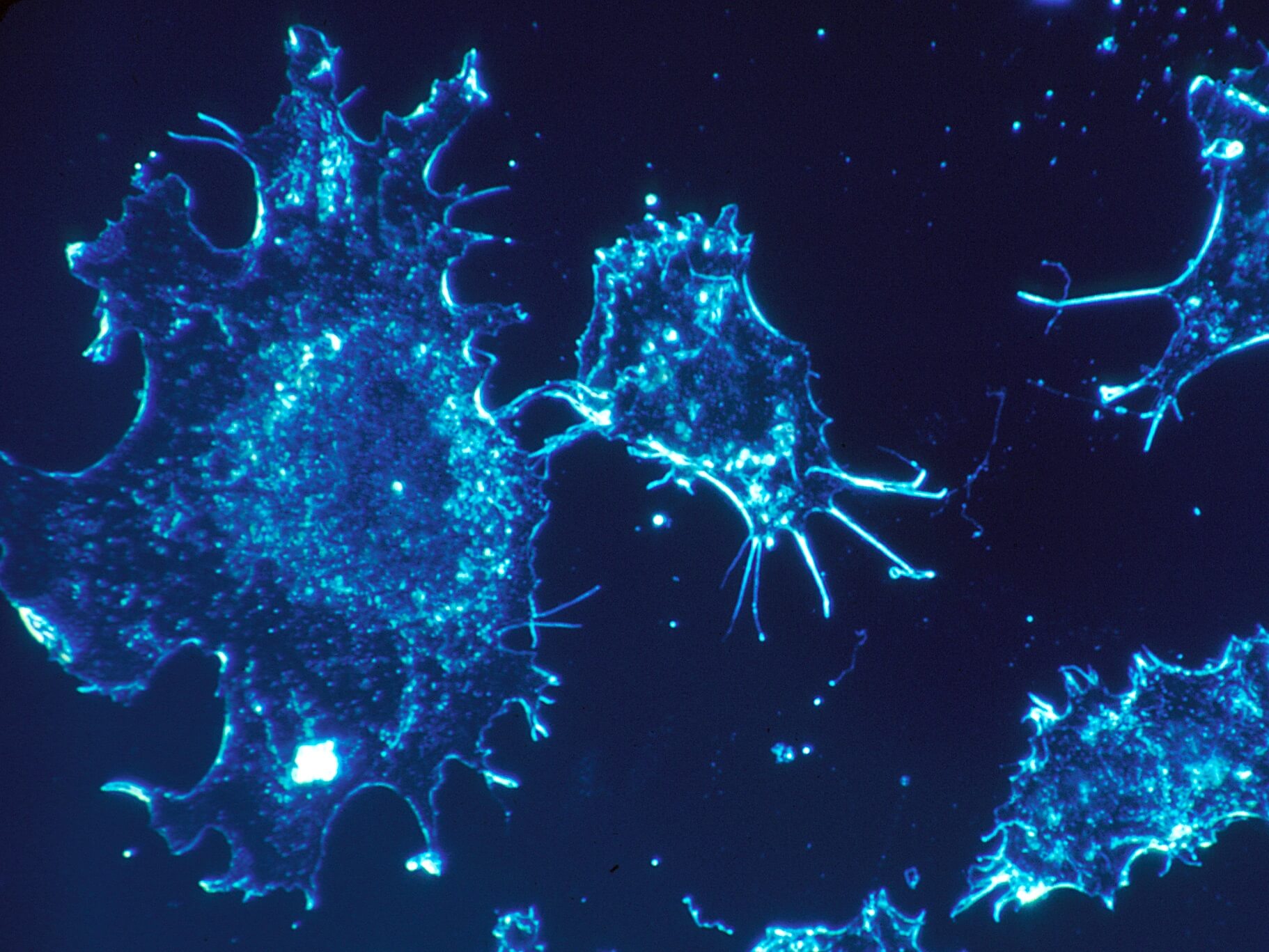
Researchers have revealed a set of recommendations to help reach the US Cancer Moonshot’s target of cutting cancer deaths by half in the next 25 years.
The recommendations, published in the journal Cancer Discovery and presented at the American Association for Cancer Research (AACR) simultaneously, have been sent to The White House.
Researchers at the National Cancer Institute (NCI) in the US and The Institute of Cancer Research, London, believe that to reach this population level goal efforts should focus on addressing the underutilisation of established technologies and interventions to prevent, detect, and treat common cancers in the US, as well as disparities in accessing these technologies in low- and high-income areas.
However, researchers emphasised that innovative research efforts are also vital – in particular to speed up progress against rare and childhood cancers, an undertaking that is also critical in the UK.
Last year, President Biden reignited the Cancer Moonshot, announcing his goal to reduce the national death rate from cancer by at least 50 per cent by 2047, in an effort to ‘end cancer as we know it’.
Analysing cancer incidence and survival
To inform recommendations that will help achieve the Cancer Moonshot’s mission, researchers analysed trends in US cancer incidence, survival and mortality between 2000 and 2019. The study was funded by the NCI.
The team of scientists estimated trends for all cancers, but also trends for the six cancers that account for over half of total cancer deaths in the US when combined – lung, bowel, pancreatic, breast, prostate, and liver cancer.
Looking at cancer incidence and survival data from 29 cancer registries and using models, researchers also projected future mortality trends.
Death rates from all cancer types combined fell by 1.7 per cent per year between 2016 and 2019. However, researchers estimated that if this trend continued, the overall cancer death rate would only decrease by 44 per cent by 2047, failing to reach the Moonshot target.
The analysis also showed death rates have declined for breast, bowel, and lung cancer in recent years: breast cancer death rates fell by 1.2 per cent between 2013 and 2019, bowel cancer death rates fell by 2 per cent between 2010 and 2019 and lung cancer death rates fell by 4.7 per cent between 2014 and 2019.
Better detection strategies for liver, pancreatic and prostate cancer
However, trends for other cancers are not as promising and researchers believe new detection and treatment strategies for prostate, liver, pancreatic, and other cancers are needed – while also maintaining, or accelerating, progress against breast, bowel, and lung cancers.
Some of the interventions recommended focus on lifestyle changes – for example, reducing cigarette smoking, alcohol consumption and obesity rates. Others sought to address disparities in access to existing tools, such as better uptake of bowel cancer screening, increased use of hormone therapy in breast cancer, and increased use of hepatitis B and C virus therapy to reduce risk of liver cancer.
While the analysis is US-specific, researchers believe there are some opportunities that could be relevant to the UK too, such as the recommendation to improve pancreatic cancer survival by discovering new ways to target KRAS signalling and evaluating new early detection technologies. Pancreatic cancer is now in the top five causes of cancer death in the US and the UK.
KRAS-targeted treatments
KRAS drives the majority of pancreatic cancers. New treatments to block KRAS are urgently needed and would help improve death rates in the coming decades, in both the UK and the US.
The overall recommendations focus on research and interventions that could have an impact for as many people as possible by 2047 – hoping to prevent the most common causes of cancer deaths. But researchers stressed that it is also hugely important to speed up progress against childhood and rare cancers, where survival rates fall short and new research efforts are urgently needed.
One of the researchers who led the study, Professor Amy Berrington, recently joined the ICR as a Team Leader and Principle Investigator of the Breast Cancer Now Generations study – a UK project investigating the causes and risk factors of breast cancer and how to improve its outcomes.
Addressing inequalities
Professor Amy Berrington, Team Leader in Clinical Cancer Epidemiology at The Institute of Cancer Research, London, and former Senior Investigator at the National Cancer Institute in the US, said:
“In the last year, cancer has killed more than half a million people in the US. If we want to reduce cancer death rates, we need to address inequalities in access to some of the tools that already exist, as well as continued innovation.
“More people should be screened, especially for bowel cancer, more people should be accessing effective treatments like hormone therapy in breast cancer, and we need to ensure viral hepatitis infections are detected and treated to reduce the risk of liver cancer in as many people as possible too.
“Our study focuses on the US population, and we know cancer death rates and access to screening programmes and other technologies may vary in the UK. But I believe there are valuable lessons for us to take home too. There has been amazing progress against smoking but one in seven people in the UK still smoke and there are huge disparities across the country. This is still an important opportunity for cancer prevention along with tackling obesity and physical inactivity.
“There is also a universal need for innovative research efforts to discover new treatments for rare and childhood cancers. Children and adults with these rarer cancers face some of the worst survival rates, in both the US and the UK, and we must address this unmet need without delay.”
